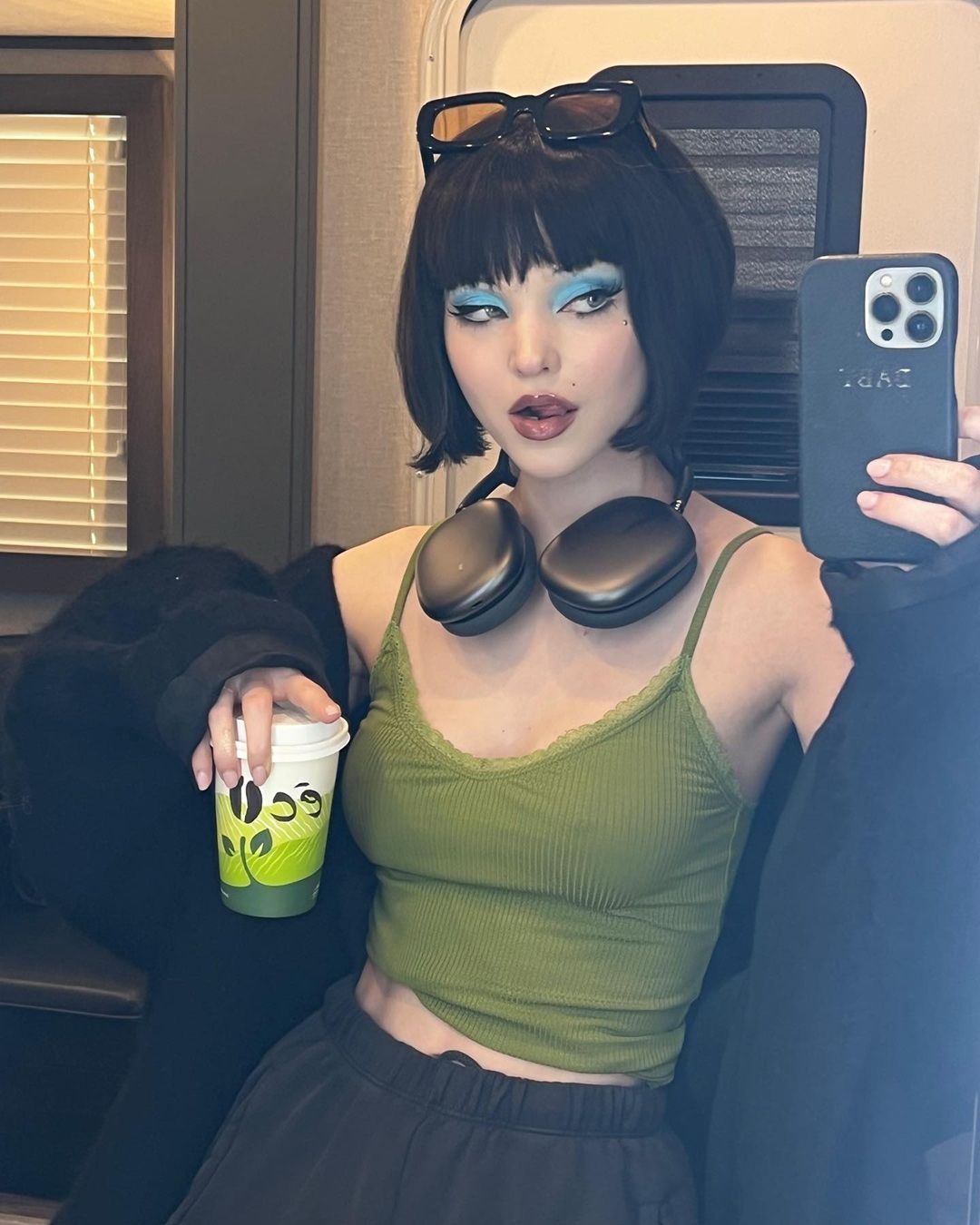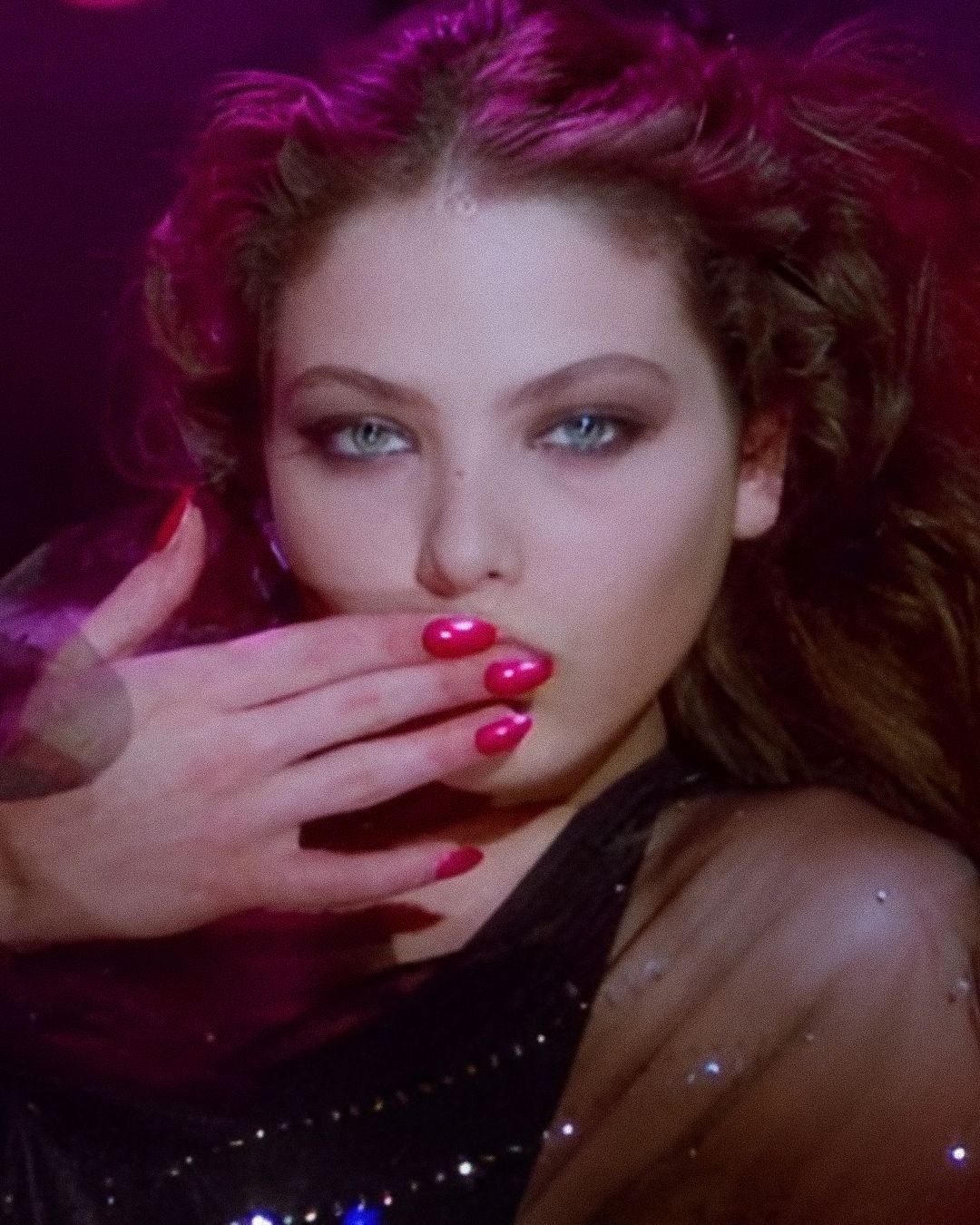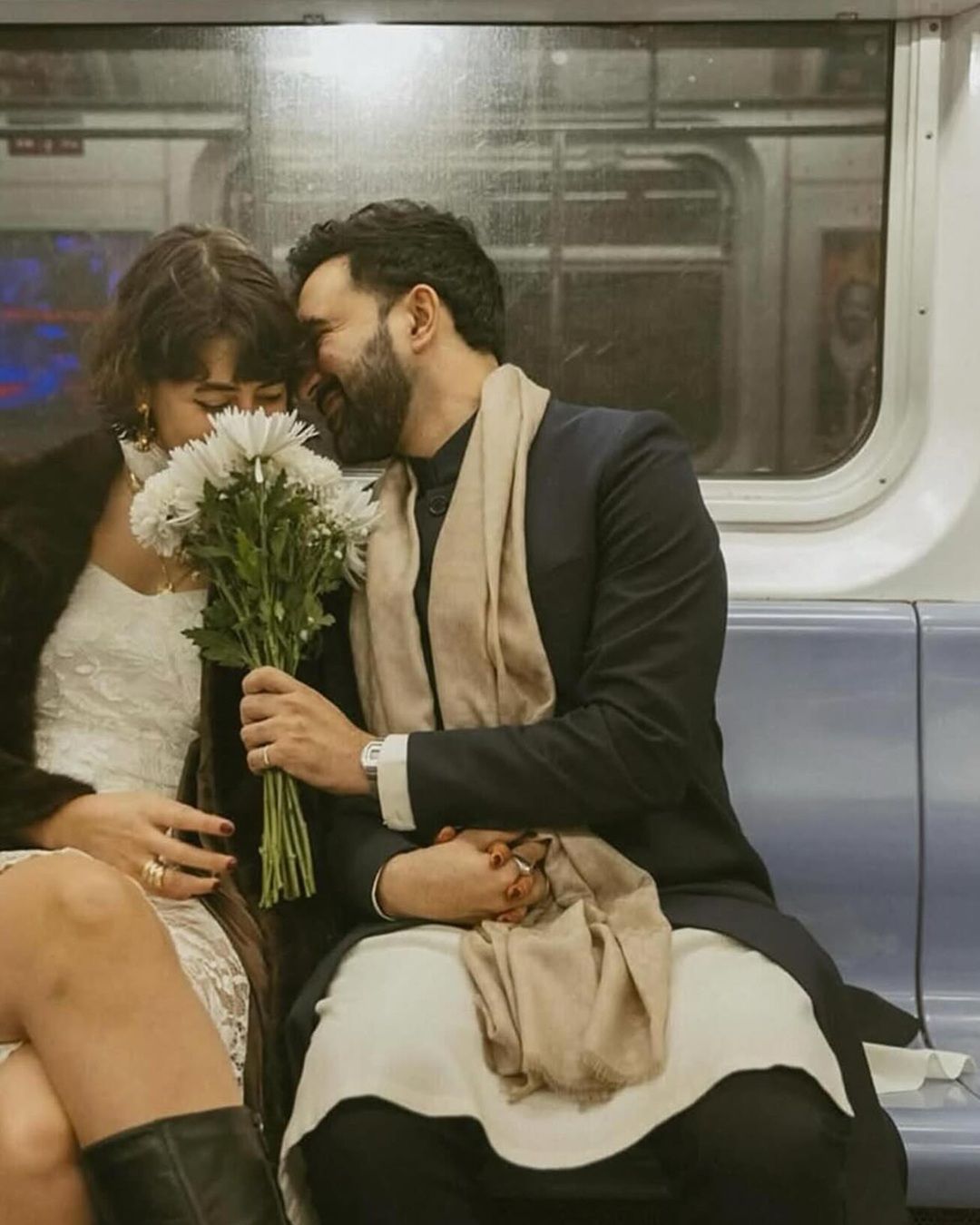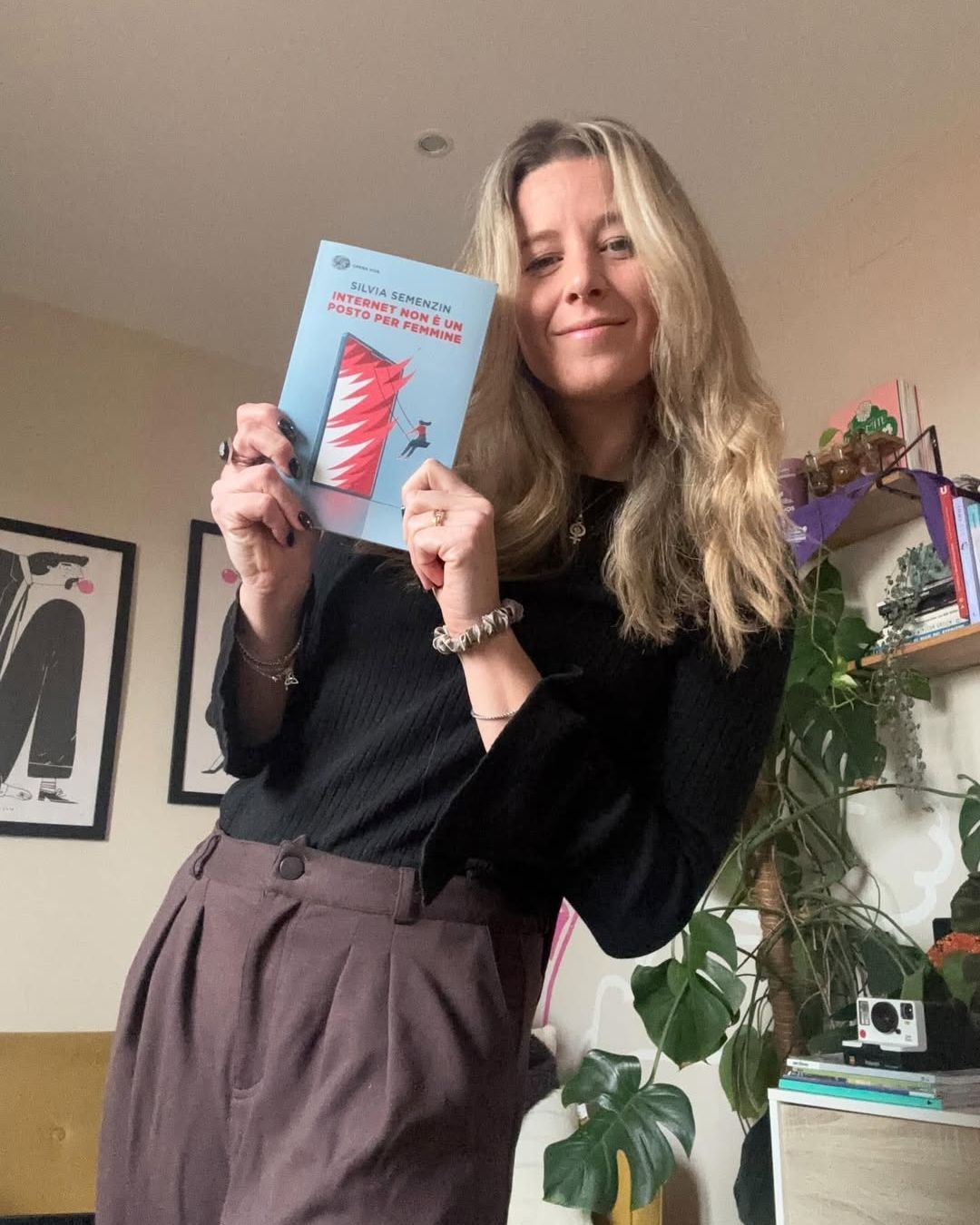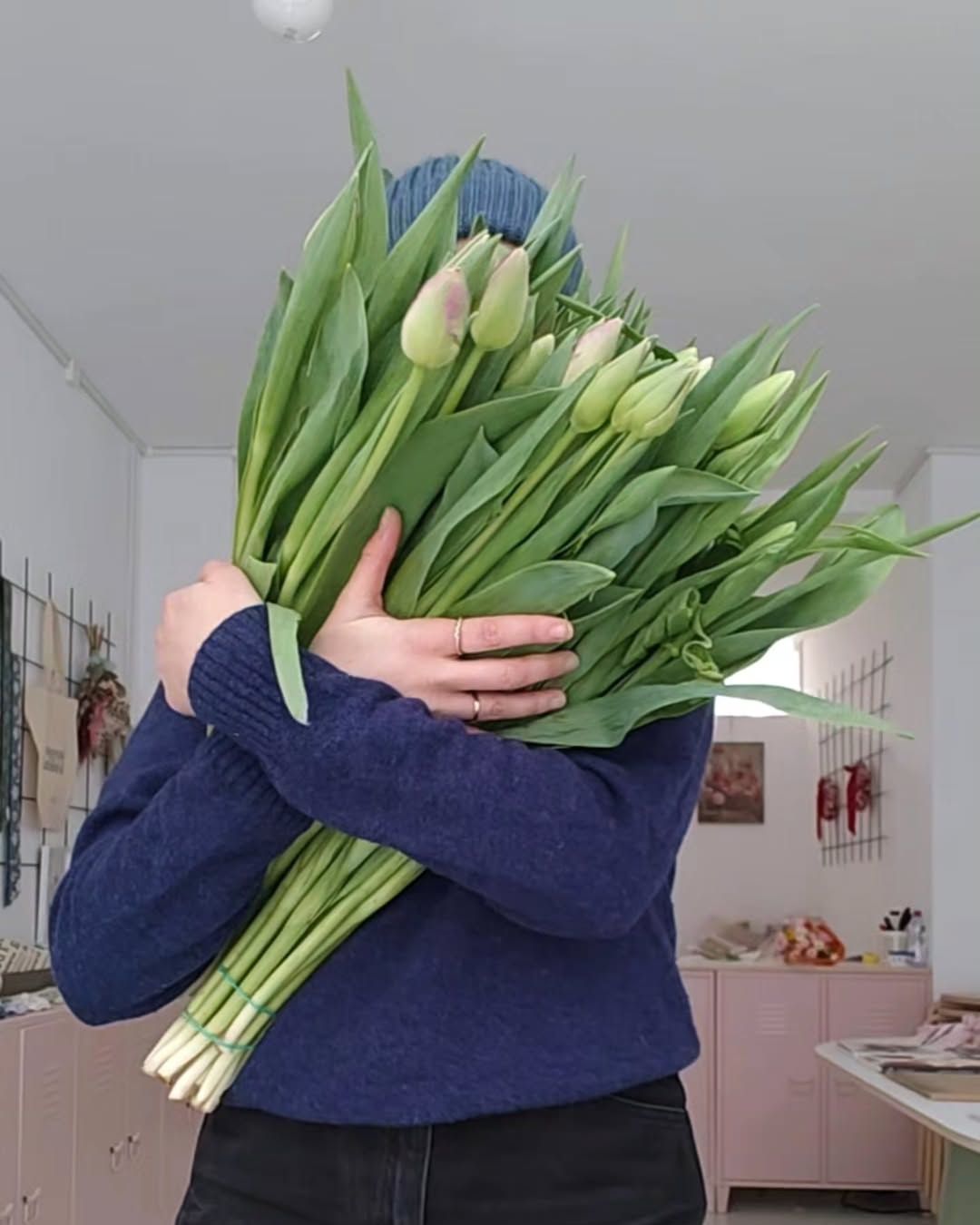
Federica Abbate: "The truth has an unmistakable sound." Interview with the singer and songwriter for the release of her new single, Tilt

Federica Abbate is a determined, focused person who gets straight to the point. When she enters our shooting room, she immediately commands the space, but not in an overbearing way. Simply put, Federica Abbate is a woman who knows what she wants, at least when it comes to music. The interview is no different. The singer and songwriter tells us about her new single, Tilt, with great generosity, choosing her words carefully, as only someone who writes for a living knows how, giving us a glimpse behind the scenes of her work, her creative process, and what might be next.
"Tilt was born from a real creative tilt. I was coming out of Canzoni per gli altri, which is my first album, the one where I openly admitted that I was in a kind of limbo, somewhere between being a songwriter and a performing artist," she tells us. "But I admitted it without hesitation," she adds, laughing. "Once that phase ended, I asked myself who I wanted to be as an artist, what I wanted to become when I grew up. And from that creative tilt, a whole series of songs were born. I locked myself in the studio for about twenty days to write this project. That’s when Tilt came to life, kind of an anthem to authenticity. I wanted it to be the first one, because it also represents that theme."
A highly productive creative tilt, in fact, one that had to be seized: “Creativity is something you need to trap in the moment. If you wait, it changes.” And the creative process changes with her. “I felt trapped, limited by the role of the songwriter,” she confesses. “When you want to break free from a form, you’re afraid to crash. But if you don’t, you slowly die. It happens not just at work, but in life and relationships too. It’s essential to allow everything to tilt. Not in a destructive way, but in a transformative one. When I write for myself, I feel freer. I don’t question myself, I don’t feel like I need to follow someone else’s voice. I follow my own internal creative rhythm, without thinking about anything else. It’s liberating, because writing for others comes with so many constraints.” She continues, “For me, it’s essential to write music for myself because the creative act is inherently free. If that freedom is lost, so is the long-term joy of making music. With my songs, I reconnect with myself, I recharge, I feel represented and expressed in what I write. Telling other people’s stories is beautiful, but telling your own is even more powerful, because truth has a unique sound. It’s clear and direct to whoever listens. And anyone who hears my songs hears my truth. I believe every artist needs to share a part of themselves. It makes you feel less alone.”
At this point, we couldn’t help but ask if there’s one specific moment from this tilt process that stands out for her. The answer? Not exactly. “I always feel connected to the last song I write. Once a song is finished, I fall out of love with it a little, because I’m always looking ahead. What I always carry with me is the satisfaction of having surpassed the version of myself from a while ago every time I write a great song. Now I want to surpass the me I am today and so on. It’s a constant challenge with myself.” And not just with herself, but also with an industry that, as we know, has a notable lack of women. “When I started doing this job, I immediately realized I was one of the very few women around. There simply weren’t any, I didn’t see them. I started writing twelve years ago, and a lot of time has passed. I had to prove I was capable of doing this job. Songwriting is often seen as more of a male skill. But once I showed I could do it, I never felt discriminated against or sidelined. On the contrary, I always felt included. I noticed how helpful it was for men - who may have a more essential melodic sense - to have a different point of view.”
A different point of view that truly offers diversity of voices and pens. “When you write, you write with your voice, and it’s obvious that a man’s voice is different from a woman’s in range, flexibility, movement, and so many other qualities. Everyone has their own style, but it’s natural that melodies created from a female vocality will be different from those shaped by a male one. What’s interesting is that men often write for women, so I don’t see why a woman shouldn’t write for a man. In the beginning, that was a myth I had to break. But now I write for many men, and no one’s ever noticed.”
Writing is clearly at the heart of Federica Abbate’s artistic process, but a song isn’t always hers or someone else’s right away. Getting a glimpse into this world - the world of songwriting - is fascinating for outsiders. It almost feels magical, mystical. “To be able to write, you need a lot of empathy with others, because you’re bringing something outside of yourself that has to fit someone else. Sometimes I write a song that gets pitched to various artists, like In radio, but no one can really make that melody work the way I can. That’s when I realize those melodies are truly mine, and if someone else sings them, they lose both quality and meaning. Tilt is one of those songs. For me, it felt like recognizing myself in a mirror. Sometimes it just is what it is. It would be a lie to give that song to someone else, it wouldn’t make sense. That’s why I started keeping certain songs for myself.” Writing comes naturally, but the rest came a bit later: “If I didn’t write music, I probably wouldn’t sing. I don’t have a strong need to be in the spotlight: it’s not in my nature. I learned to enjoy it over time. Now I really appreciate sharing myself physically with the world too, but I come from writing. I sing because I write, and some songs I write can’t be sung by anyone else. Just like sometimes, while I’m writing, it’s clear who that song belongs to. Like Amore e Capoeira. It was obvious I wouldn’t be the one to sing it, there’s no way I could credibly deliver a song like that.”
And finally, the last question, the one about the future: “I hope to be able to sing my own songs. I feel like I’ve earned my place in being able to express myself as an artist, not just as a songwriter. Slowly but surely. I’ve been paying my dues for a while now. But writing will always be part of my future, that’s why I’m here, and I’ll never give it up.”












